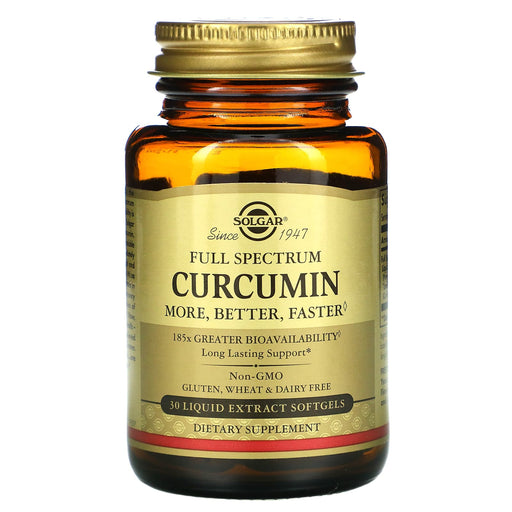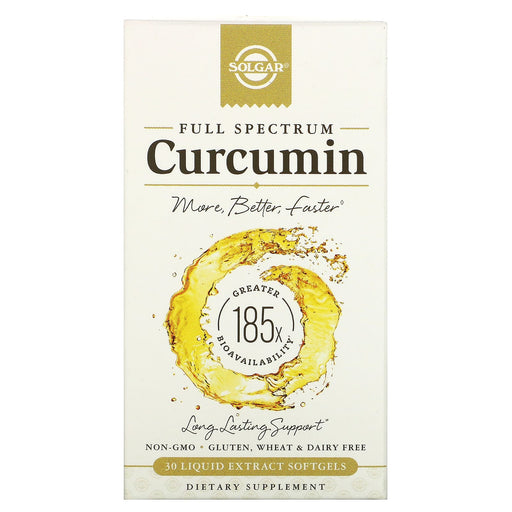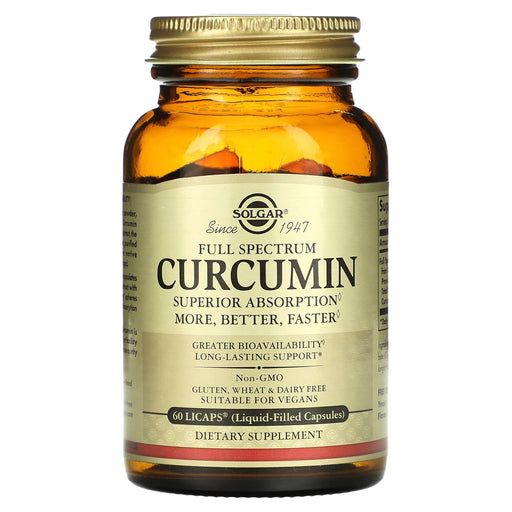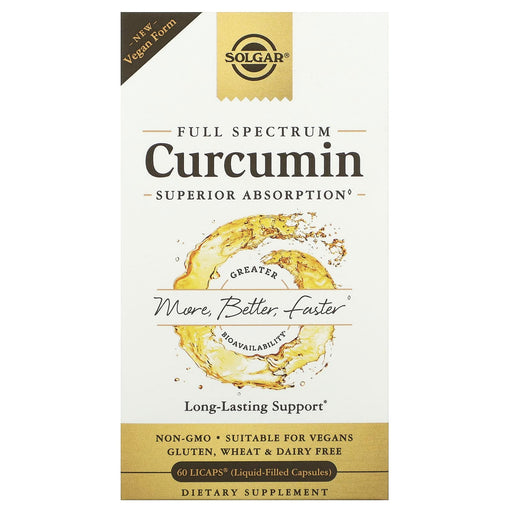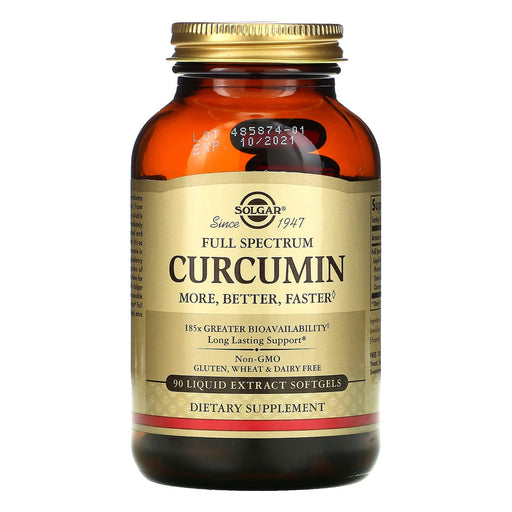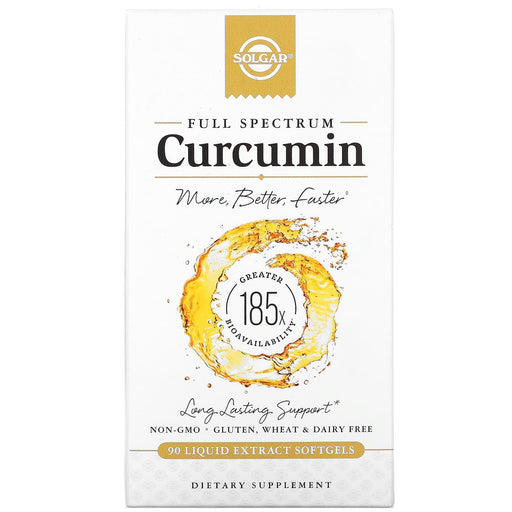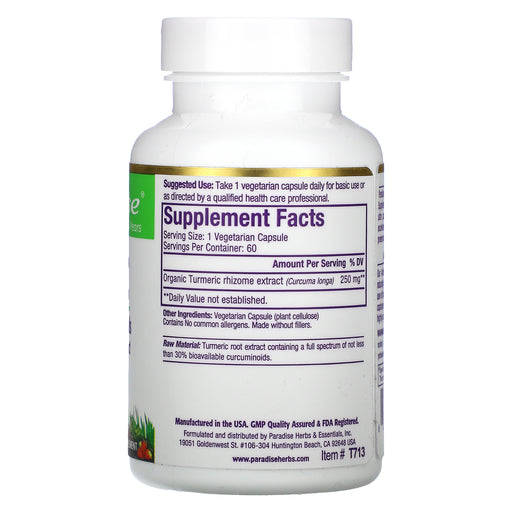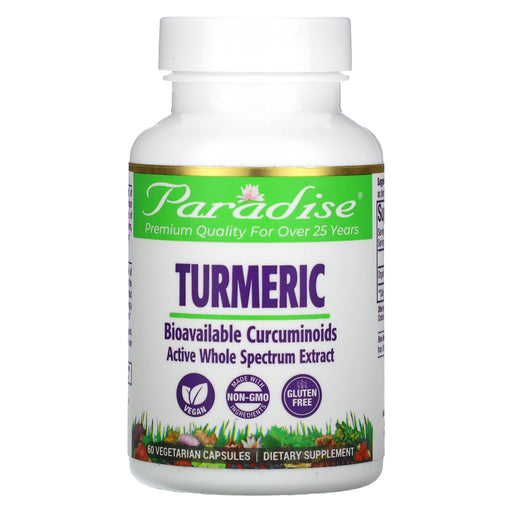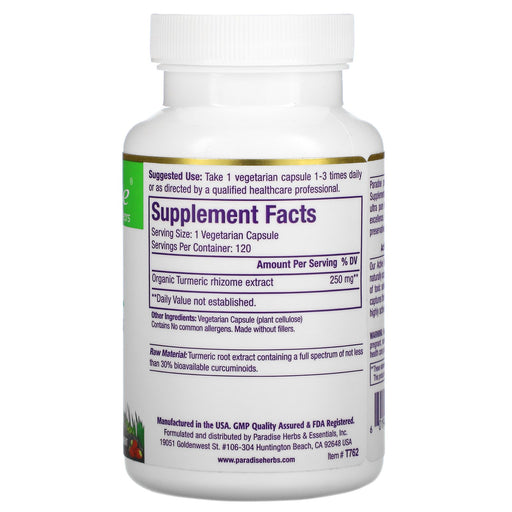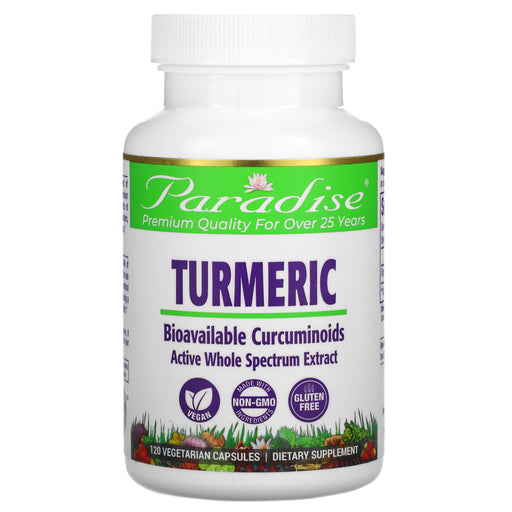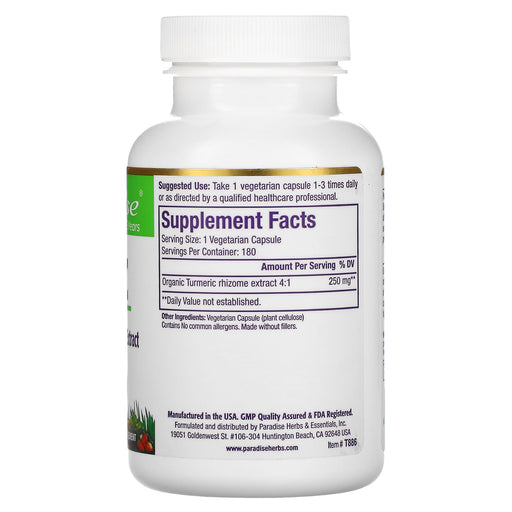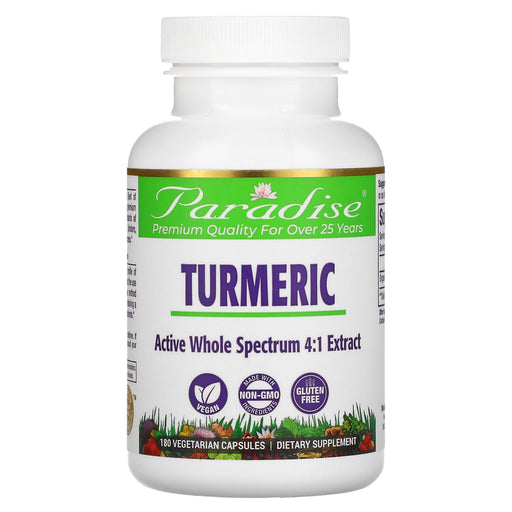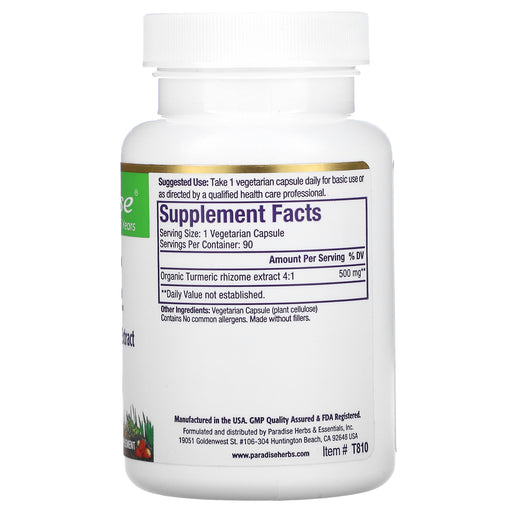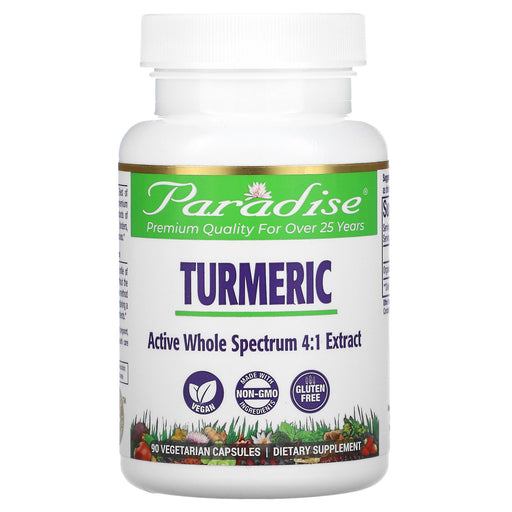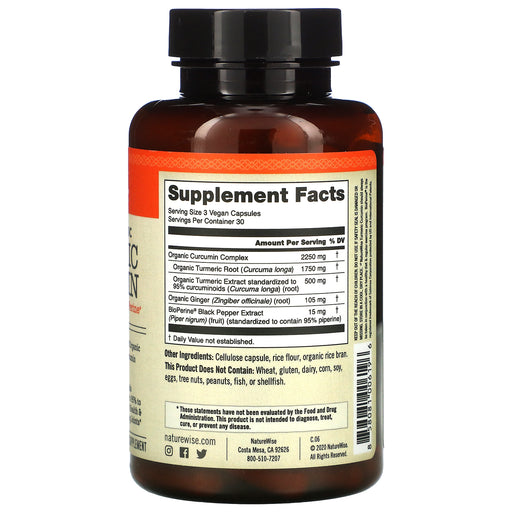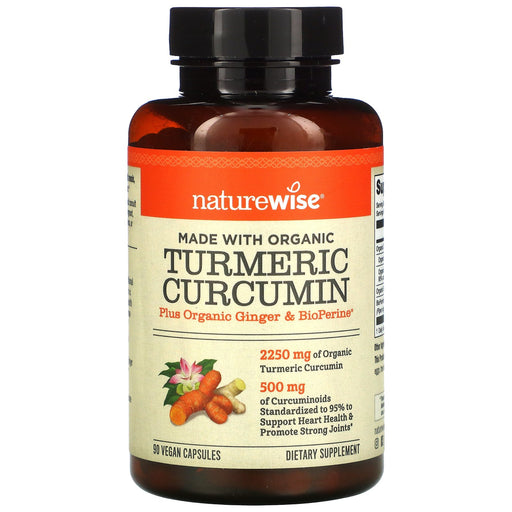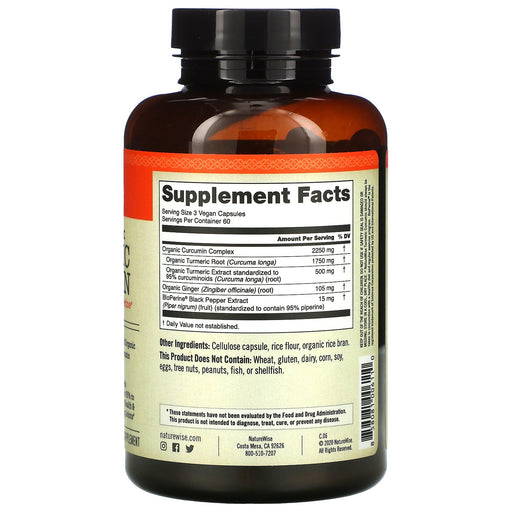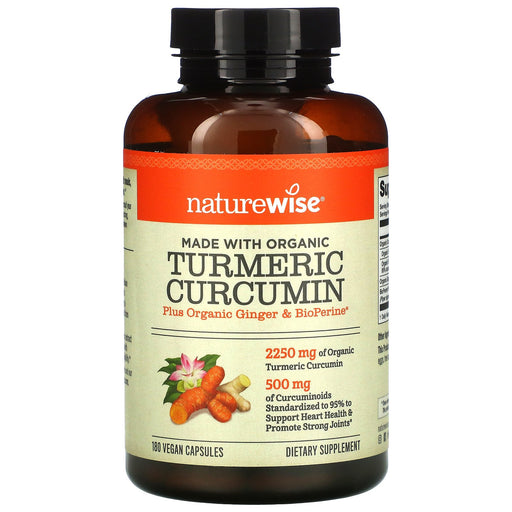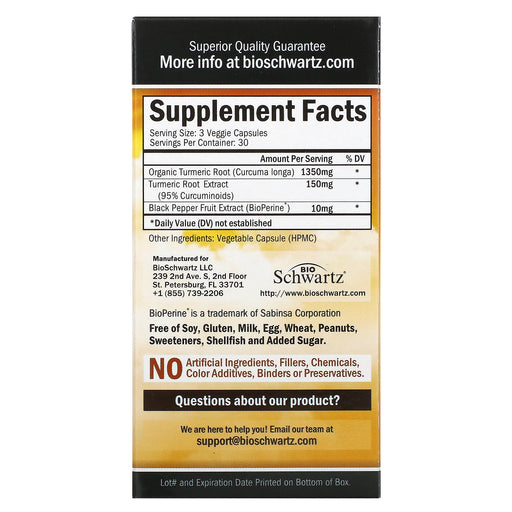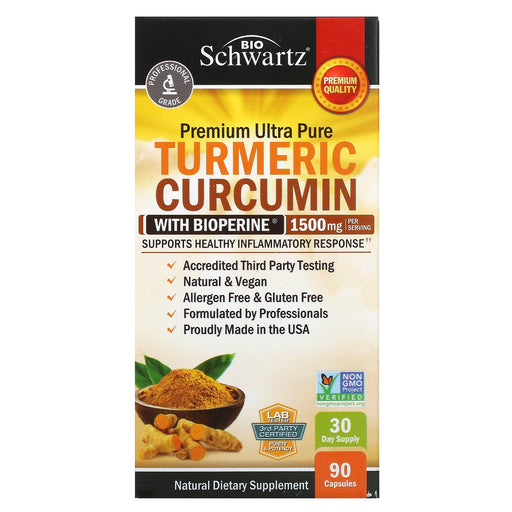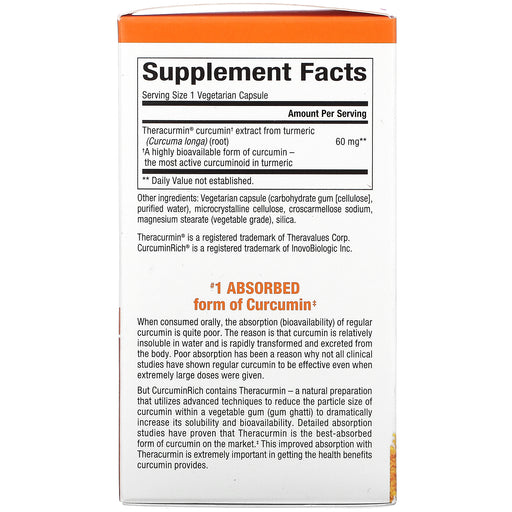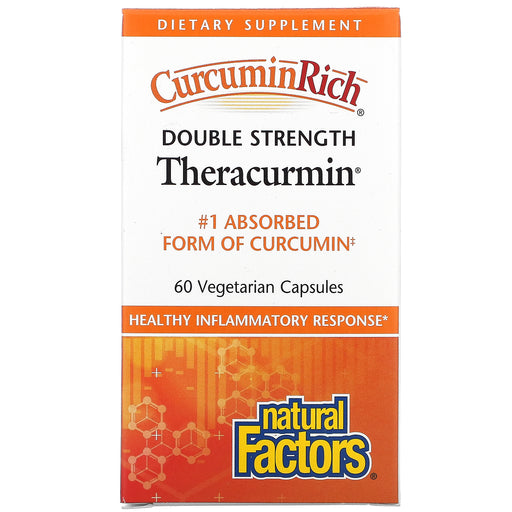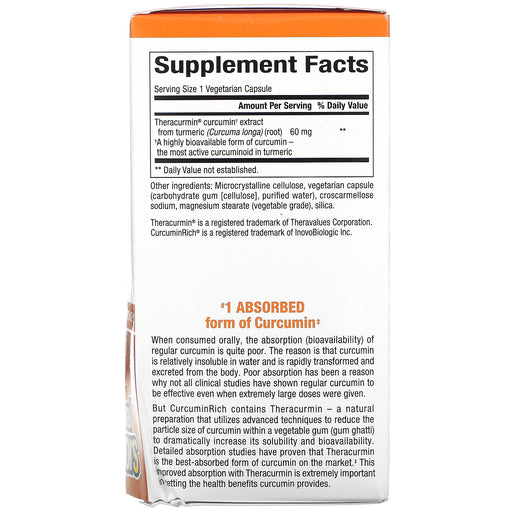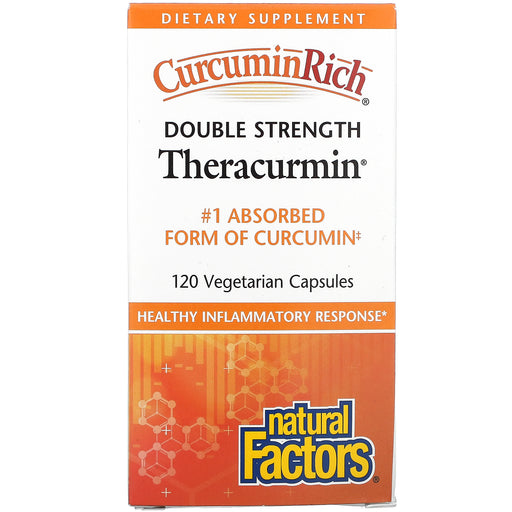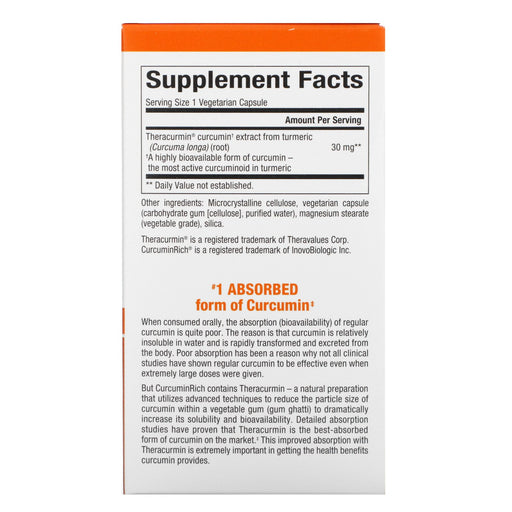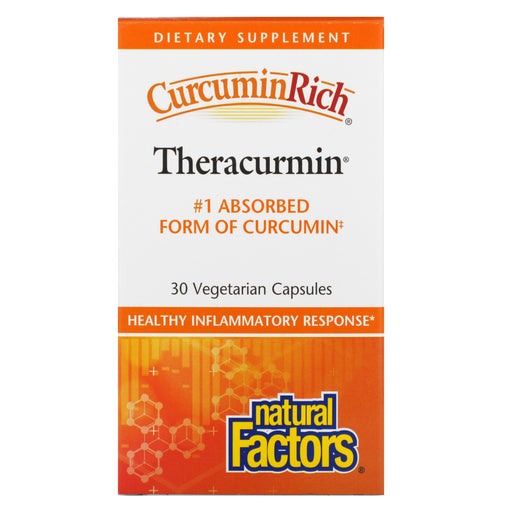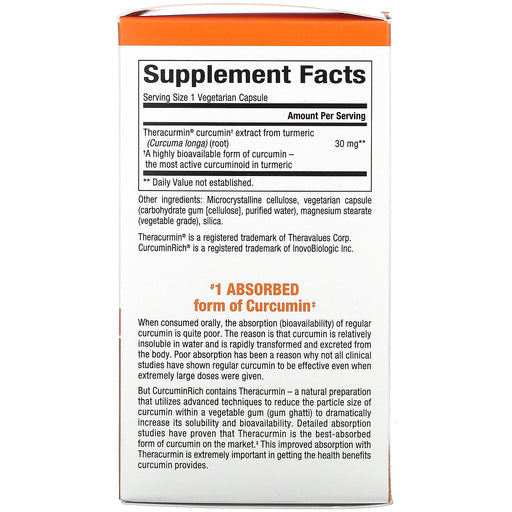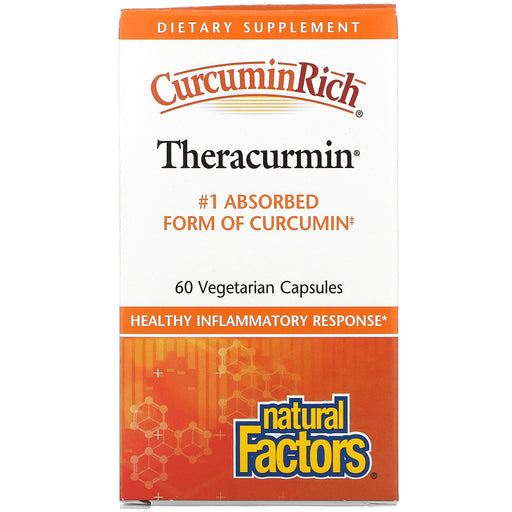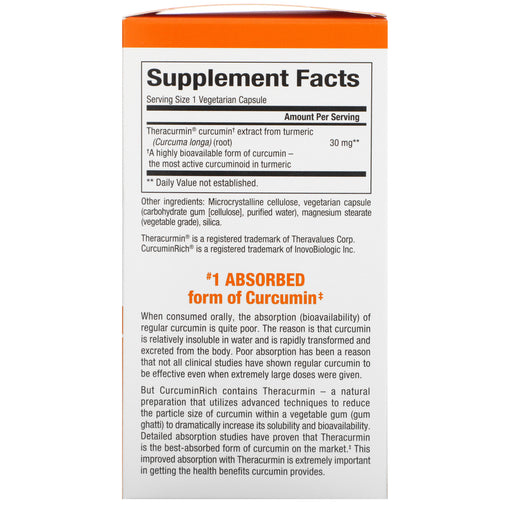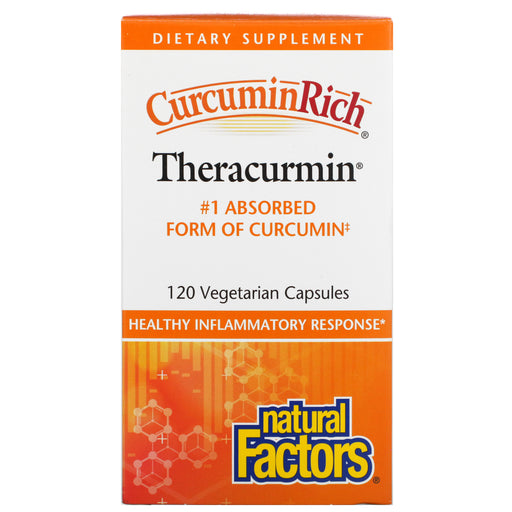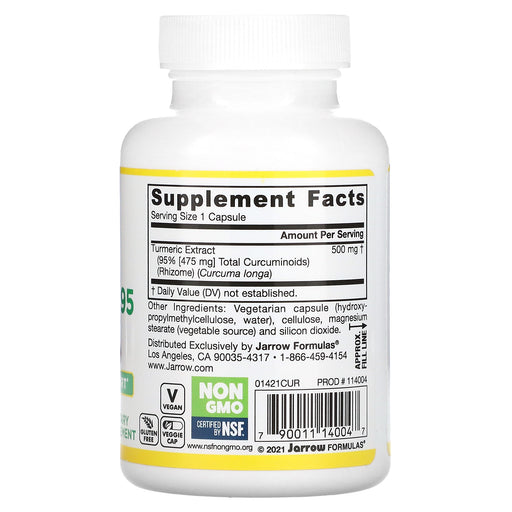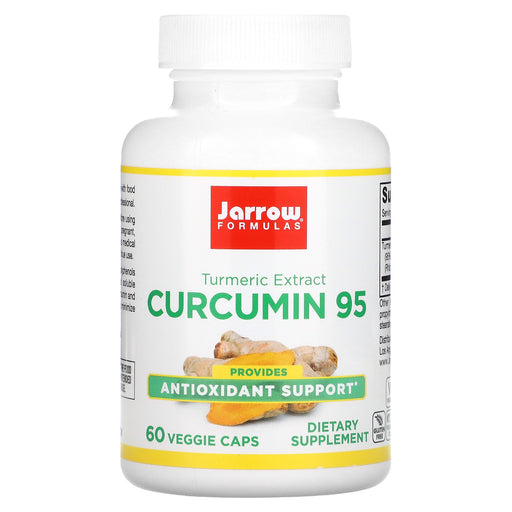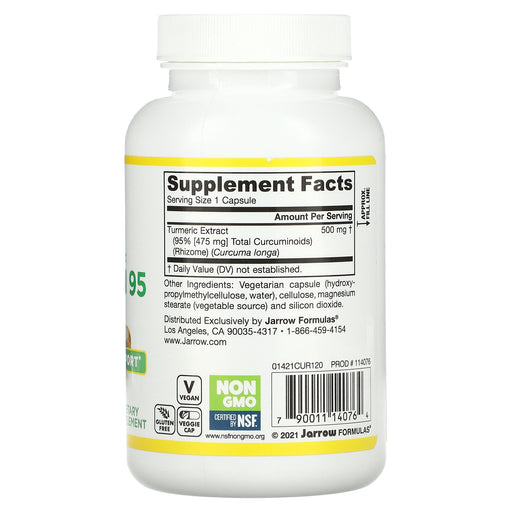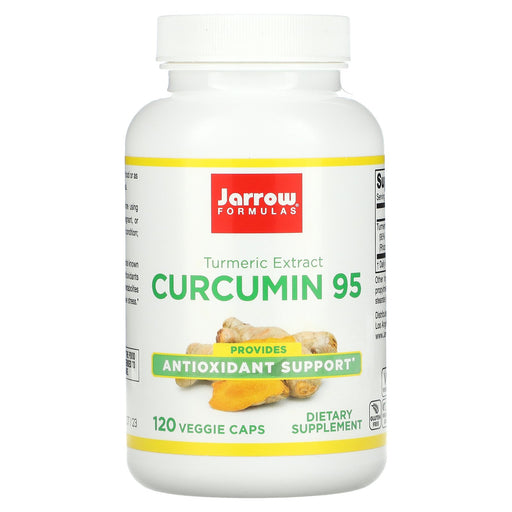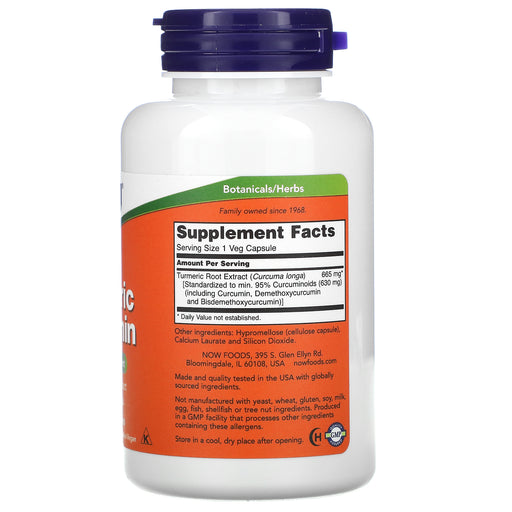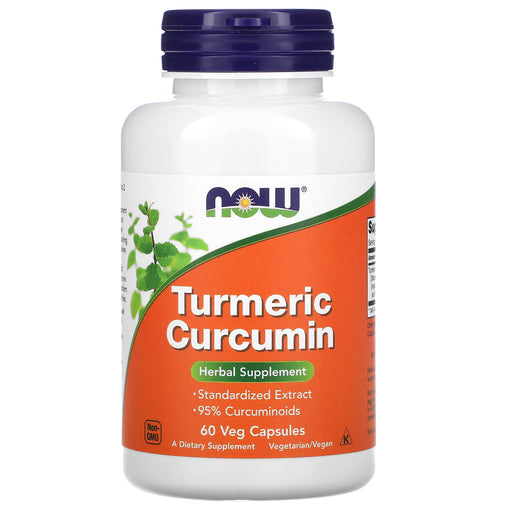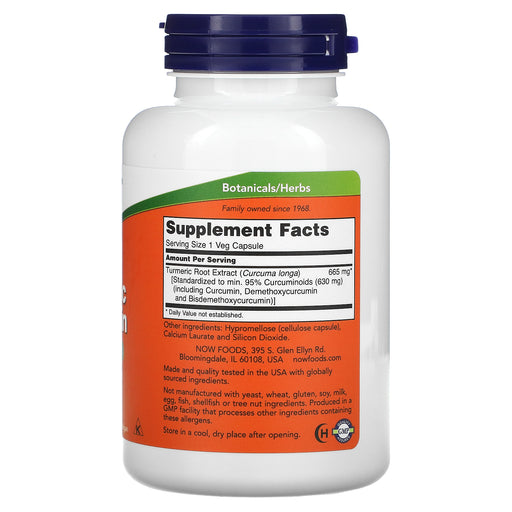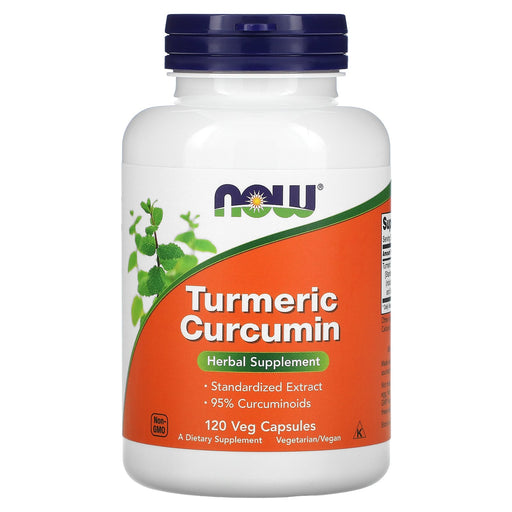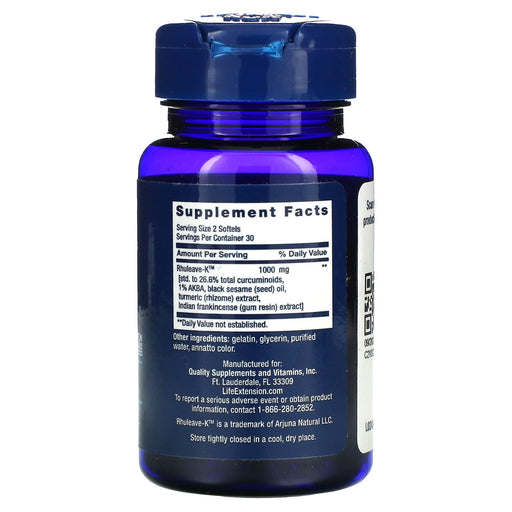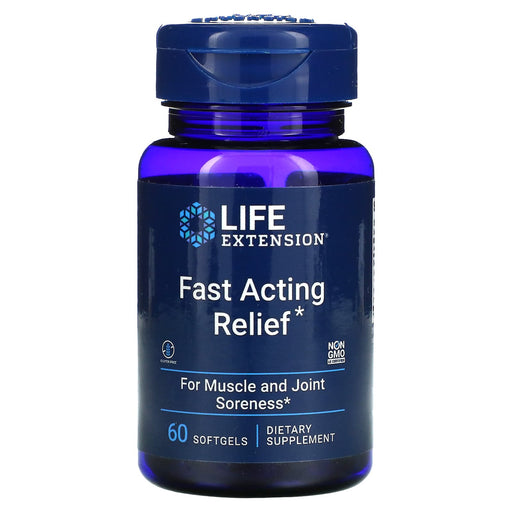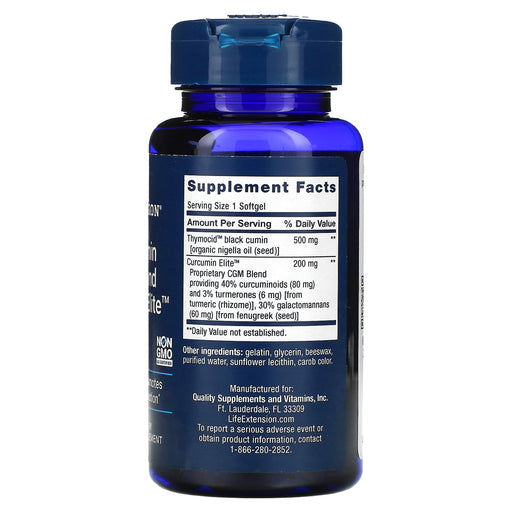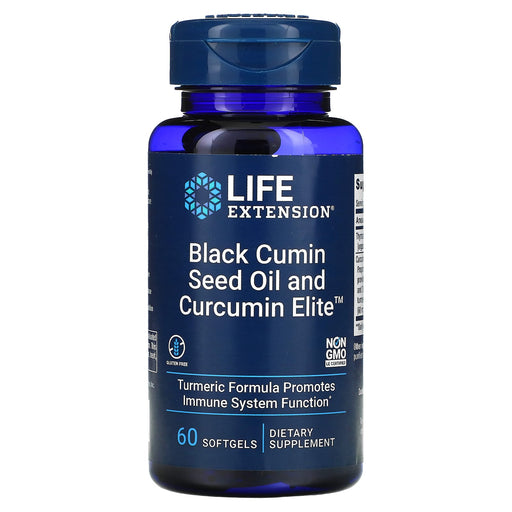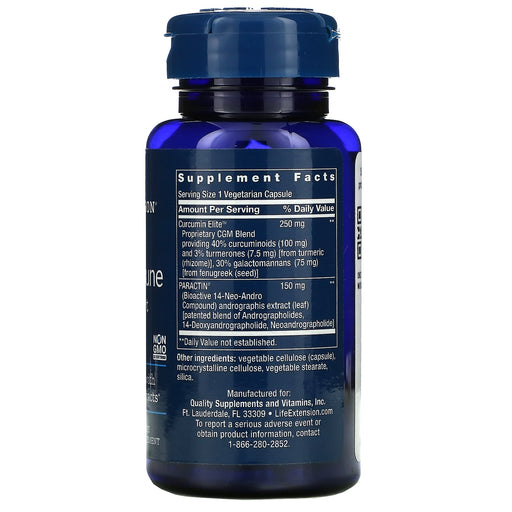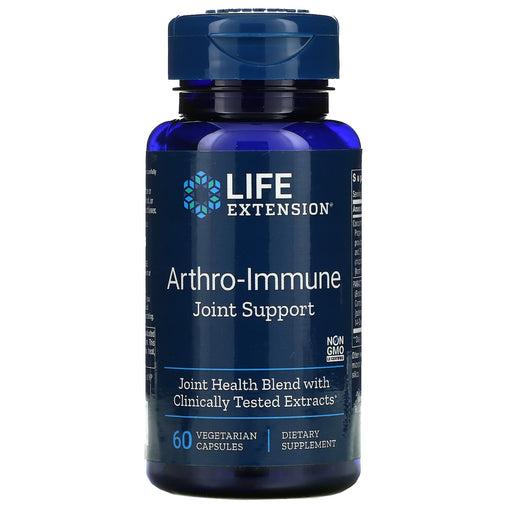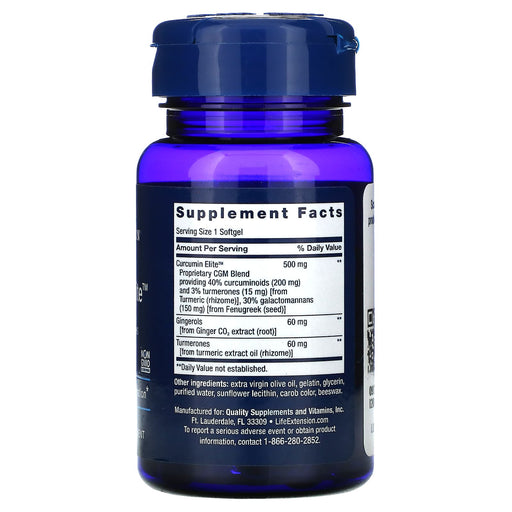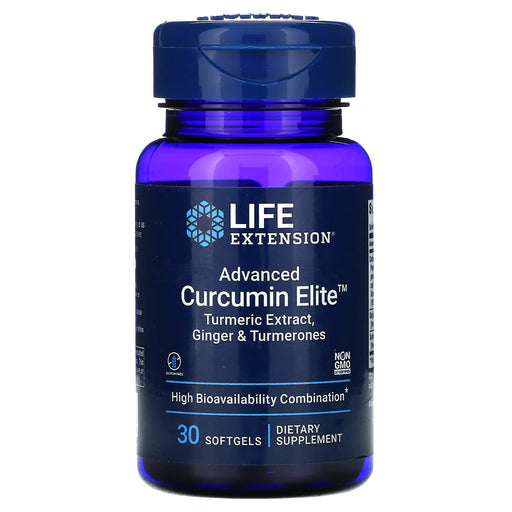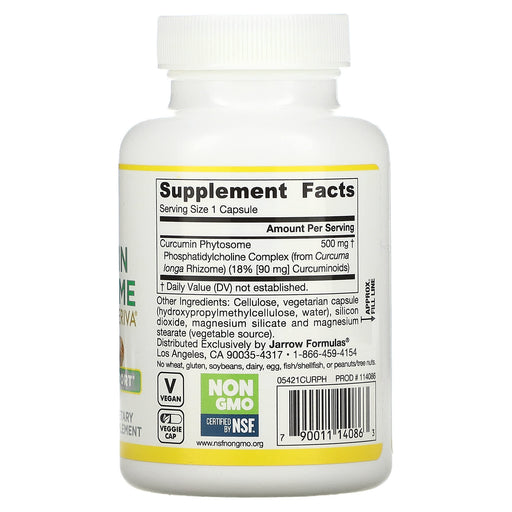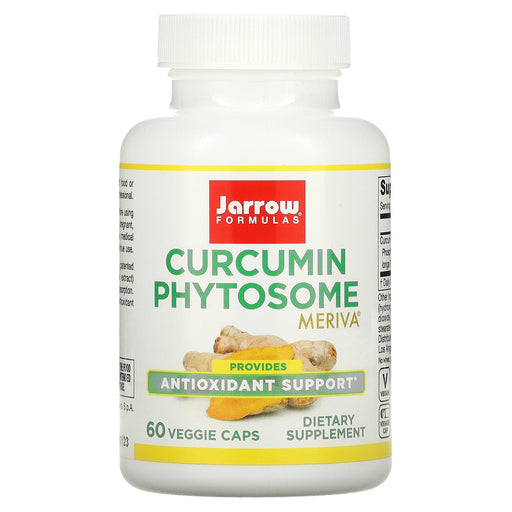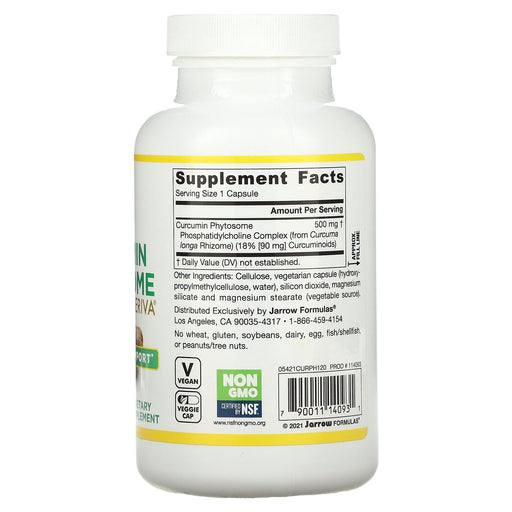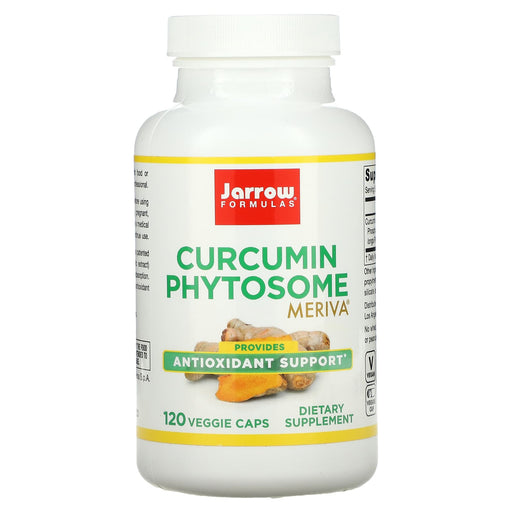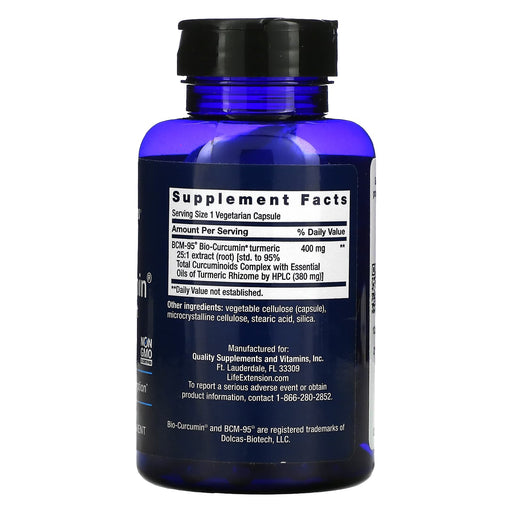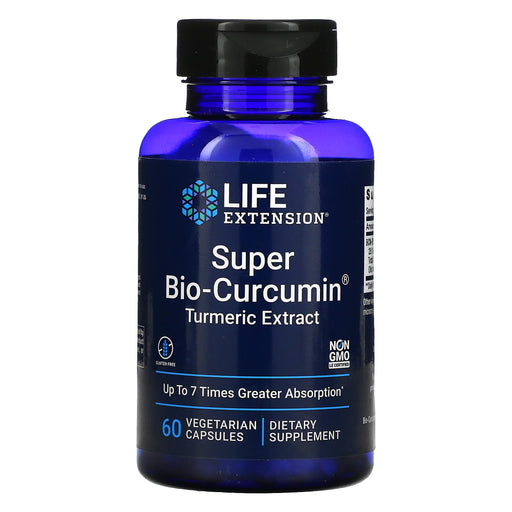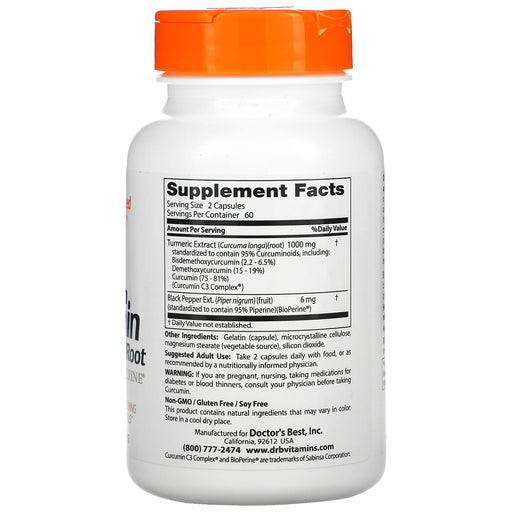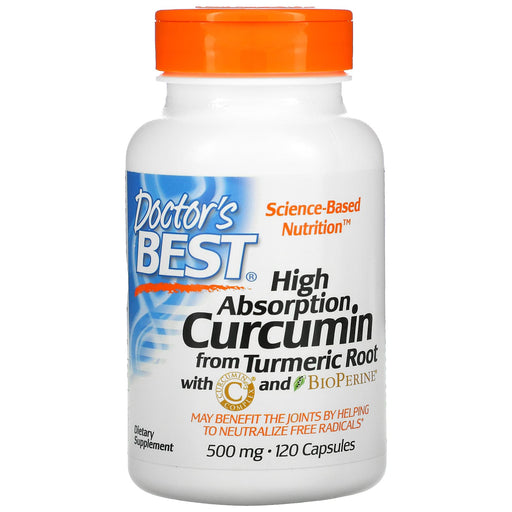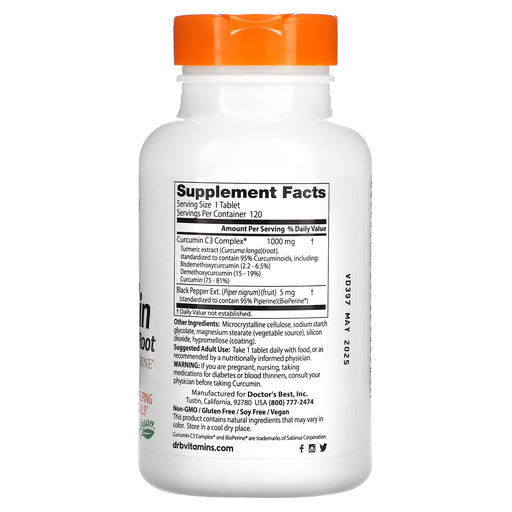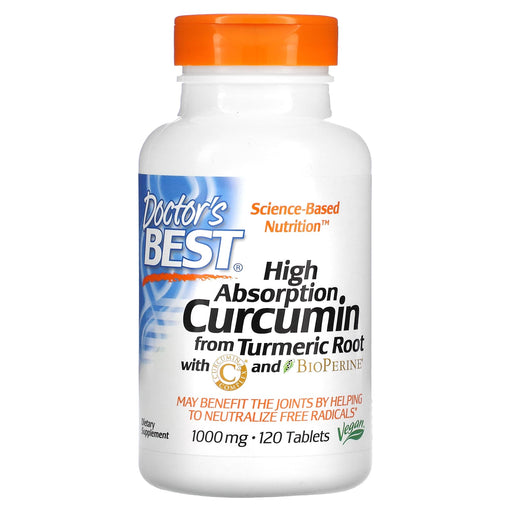
Unleashing the Power of Nature's Golden Spice
Turmeric, a vibrant golden spice derived from the rhizome of the Curcuma longa plant, has been revered for centuries in Ayurvedic and traditional medicine for its wide-ranging health benefits. The primary active compound in turmeric, curcumin, is a potent antioxidant and anti-inflammatory agent that has gained significant attention in the world of natural health and wellness.
The Benefits of Turmeric and Curcumin
Turmeric and its key component, curcumin, offer a multitude of potential health benefits, including:
- Anti-Inflammatory Properties: Curcumin has been shown to possess powerful anti-inflammatory properties, helping to reduce inflammation throughout the body and support overall health and well-being.
- Antioxidant Power: Curcumin is a potent antioxidant that helps protect cells from oxidative stress and damage caused by free radicals, supporting healthy aging and overall wellness.
- Joint Health Support: The anti-inflammatory properties of turmeric and curcumin may help alleviate joint discomfort and support overall joint health and mobility.
- Brain Function Support: Curcumin has been shown to support healthy brain function, promoting cognitive health and memory.
- Digestive Health: Turmeric has traditionally been used to support digestive health, aiding in the reduction of occasional bloating, gas, and digestive discomfort.
Turmeric, Curcumin, and Related Vitamins
To enhance the benefits of turmeric and curcumin, consider pairing them with related vitamins and minerals that work synergistically to support overall health and well-being, such as:
- Vitamin D: Vitamin D is essential for maintaining healthy bones, immune function, and overall health. Combining turmeric and curcumin with vitamin D supplements may provide additional support for joint health and overall wellness.
- Black Pepper Extract (Piperine): Piperine, a compound found in black pepper, has been shown to enhance the bioavailability and absorption of curcumin in the body. Look for turmeric and curcumin supplements that include black pepper extract for optimal effectiveness.
- Omega-3 Fatty Acids: Omega-3s, found in fish oil and other sources, possess anti-inflammatory properties that complement the actions of turmeric and curcumin. Pairing these supplements may provide enhanced support for joint health, brain function, and overall well-being.
Choosing High-Quality Turmeric and Curcumin Supplements
To experience the full benefits of turmeric and curcumin, it's crucial to choose high-quality supplements from reputable brands. When selecting a turmeric or curcumin product, consider the following factors:
- Standardized Curcumin Content: Look for supplements that contain a standardized amount of curcumin, typically 95% curcuminoids, to ensure consistent potency and effectiveness.
- Bioavailability Enhancers: Choose supplements that include bioavailability-enhancing ingredients, such as black pepper extract (piperine) or lipid-based delivery systems, to improve the absorption and utilization of curcumin in the body.
- Purity and Quality: Opt for supplements manufactured in GMP-certified facilities, free from contaminants and fillers, and third-party tested for purity and potency.
- Brand Reputation: Select supplements from trusted brands with a history of producing effective, science-backed turmeric and curcumin products.
Incorporating Turmeric and Curcumin into Your Health Regimen
To maximize the benefits of turmeric and curcumin, consider the following tips:
- Follow Dosage Instructions: Always adhere to the recommended dosage on the product label, and consult with a healthcare professional before starting any new supplement regimen.
- Pair with a Healthy Lifestyle: While turmeric and curcumin supplements can provide numerous benefits, they should be used in conjunction with a balanced diet, regular exercise, and healthy lifestyle habits for optimal results.
- Consider Complementary Nutrients: Enhance the effects of turmeric and curcumin by combining them with other anti-inflammatory and antioxidant-rich nutrients, such as omega-3 fatty acids, ginger, and boswellia.
Harness the Power of Nature's Golden Spice
Ready to experience the remarkable benefits of turmeric and curcumin? Experience our collection of premium turmeric and curcumin supplements and harness the power of nature's golden spice for your health and well-being.
Our turmeric and curcumin products are carefully formulated with high-quality, bioavailable ingredients and standardized curcumin content to ensure optimal potency and effectiveness. Whether you're looking to support joint health, brain function, digestive comfort, or overall wellness, our supplements can help you unleash the extraordinary potential of this time-honored spice. Start your journey towards better health and vitality with turmeric and curcumin. Browse our collection today and experience the transformative power of nature's golden gift.
Frequently Asked Questions about Turmeric & Curcumin
1. Who should not take turmeric and curcumin?
While turmeric and curcumin are generally considered safe for most people, some individuals should avoid or use caution when taking these supplements, including:
- Pregnant and breastfeeding women, due to lack of safety data
- Individuals with gallbladder issues or gallstones, as turmeric may stimulate bile production and exacerbate these conditions
- People with a history of kidney stones, as turmeric may increase the risk of stone formation
- Those taking blood-thinning medications, as curcumin may enhance their effects and increase the risk of bleeding
- Individuals undergoing surgery, as turmeric may interfere with blood clotting and should be discontinued at least two weeks prior to surgical procedures
2. Is it safe to take turmeric curcumin every day?
For most people, taking turmeric or curcumin supplements daily is considered safe when consumed in recommended doses. However, long-term safety data is limited, and some individuals may experience side effects or interactions with medications. It is essential to follow the dosage instructions provided by the supplement manufacturer and to consult with a healthcare professional, especially if you have pre-existing health conditions or are taking medications. Starting with a lower dose and gradually increasing it can help minimize the risk of side effects. If you experience any adverse reactions, discontinue use and seek medical advice.
3. Can I take turmeric and curcumin together?
Yes, you can take turmeric and curcumin together, as curcumin is the primary active compound found in turmeric. In fact, many turmeric supplements are standardized to contain a specific amount of curcumin to ensure potency and consistency. Taking turmeric and curcumin together may provide synergistic benefits, as turmeric contains other beneficial compounds such as turmerones and essential oils that may enhance the absorption and effects of curcumin. However, it is important to follow the recommended dosage instructions and to be aware of potential side effects or interactions with medications.
4. Who cannot take turmeric?
While turmeric is generally considered safe for most people, some individuals should avoid or use caution when taking turmeric supplements, including:
- Pregnant and breastfeeding women, due to lack of safety data
- Individuals with gallbladder issues or gallstones, as turmeric may stimulate bile production and exacerbate these conditions
- People with a history of kidney stones, as turmeric may increase the risk of stone formation
- Those taking blood-thinning medications, as turmeric may enhance their effects and increase the risk of bleeding
- Individuals with iron deficiency or taking iron supplements, as turmeric may reduce iron absorption
5. Is turmeric and curcumin good for kidneys?
Turmeric and curcumin have been studied for their potential benefits on kidney health, particularly due to their anti-inflammatory and antioxidant properties. Some research suggests that curcumin may help protect kidney cells from damage caused by toxins, oxidative stress, and inflammation. Additionally, curcumin may help improve kidney function in certain conditions, such as diabetic nephropathy and chronic kidney disease. However, more human studies are needed to confirm these findings and establish the safety and efficacy of turmeric and curcumin for kidney health. Individuals with pre-existing kidney conditions should consult with a healthcare professional before using these supplements.
6. What are the side effects of taking curcumin?
While curcumin is generally well-tolerated, some people may experience side effects, particularly when taking high doses or using the supplement for extended periods. Potential side effects of curcumin include:
- Digestive discomfort: Curcumin may cause gastrointestinal side effects such as nausea, diarrhea, and abdominal cramping, especially when taken on an empty stomach
- Headache: Some individuals may experience headaches when taking curcumin supplements
- Skin rash: In rare cases, curcumin may cause an allergic reaction, resulting in a skin rash or hives
- Interactions with medications: Curcumin may interact with certain medications, such as blood thinners, diabetes drugs, or chemotherapy agents, potentially altering their effectiveness or causing adverse effects
- Iron absorption: Curcumin may reduce the absorption of iron from the diet, which may be a concern for individuals with iron deficiency anemia






